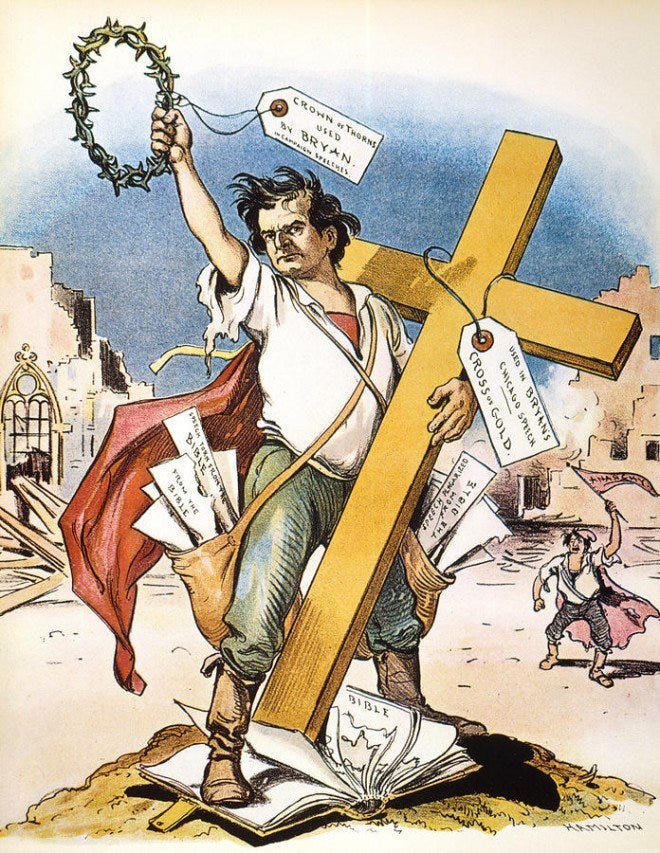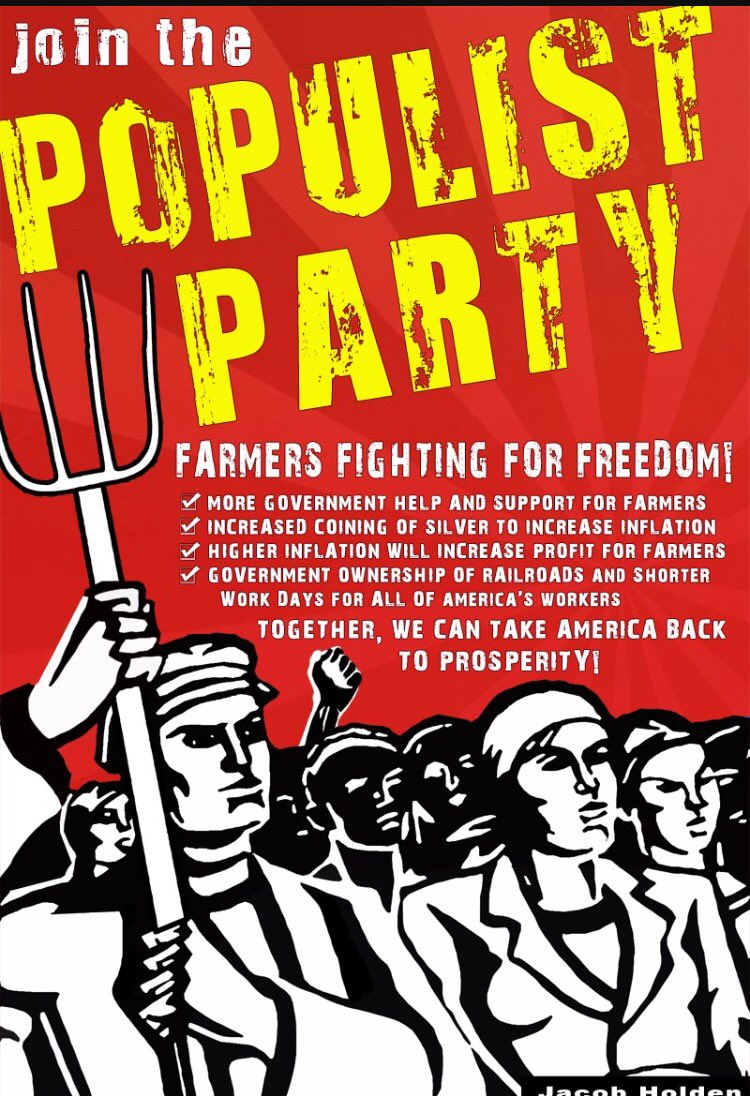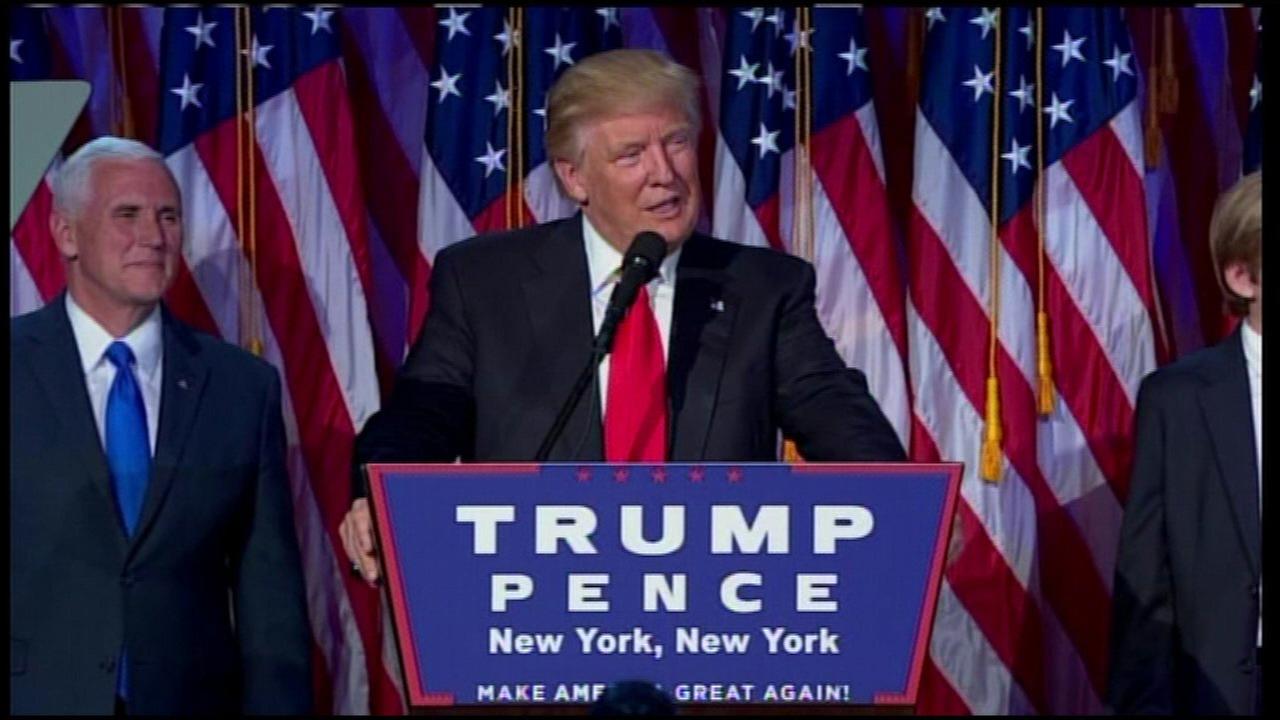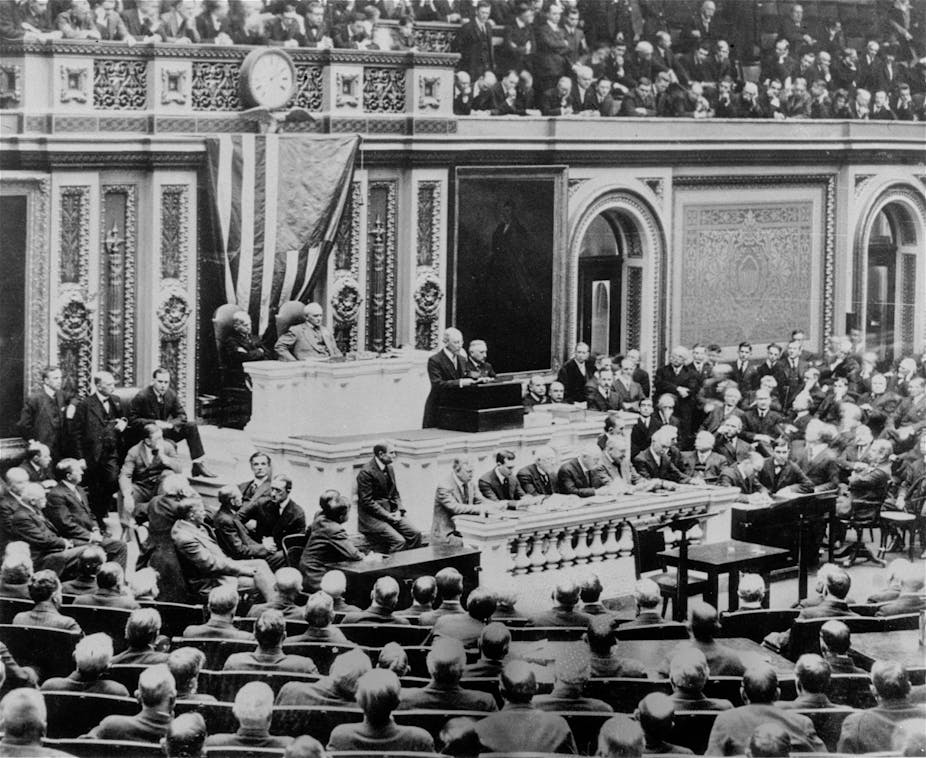 |
| Cross of Gold |
William Jennings Bryan delivered this speech in the hopes of advocating economic bimetallism. He believed that one amount of gold and a different amount of silver should be equal to another and supported the Democrats saying the dollar should be standardized to silver. Therefore, this would help the poor farmers out West and lead to Bryan's economic populism.
 |
The Sherman Silver Purchase Act was also aimed towards
helping the farmers, as Bryan stated in his speech.
|







